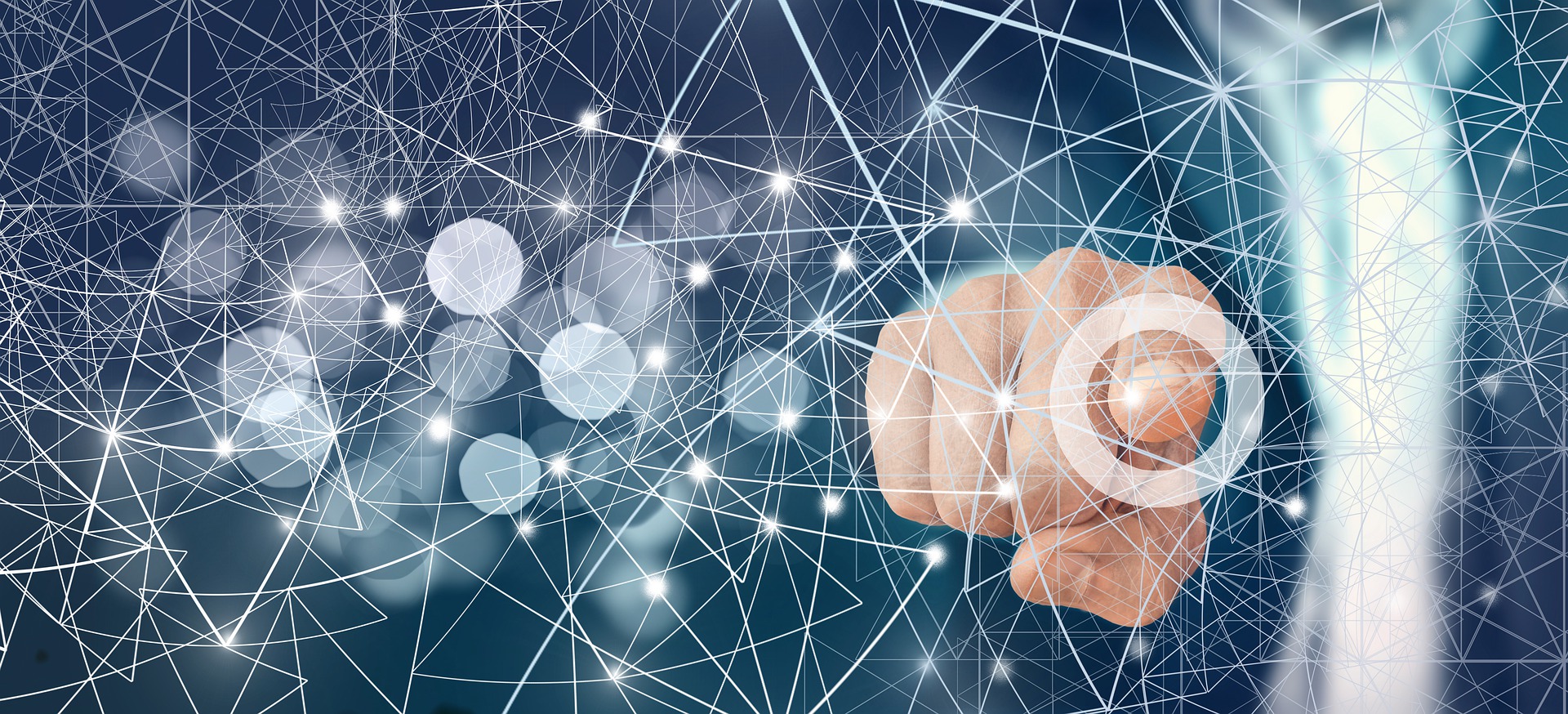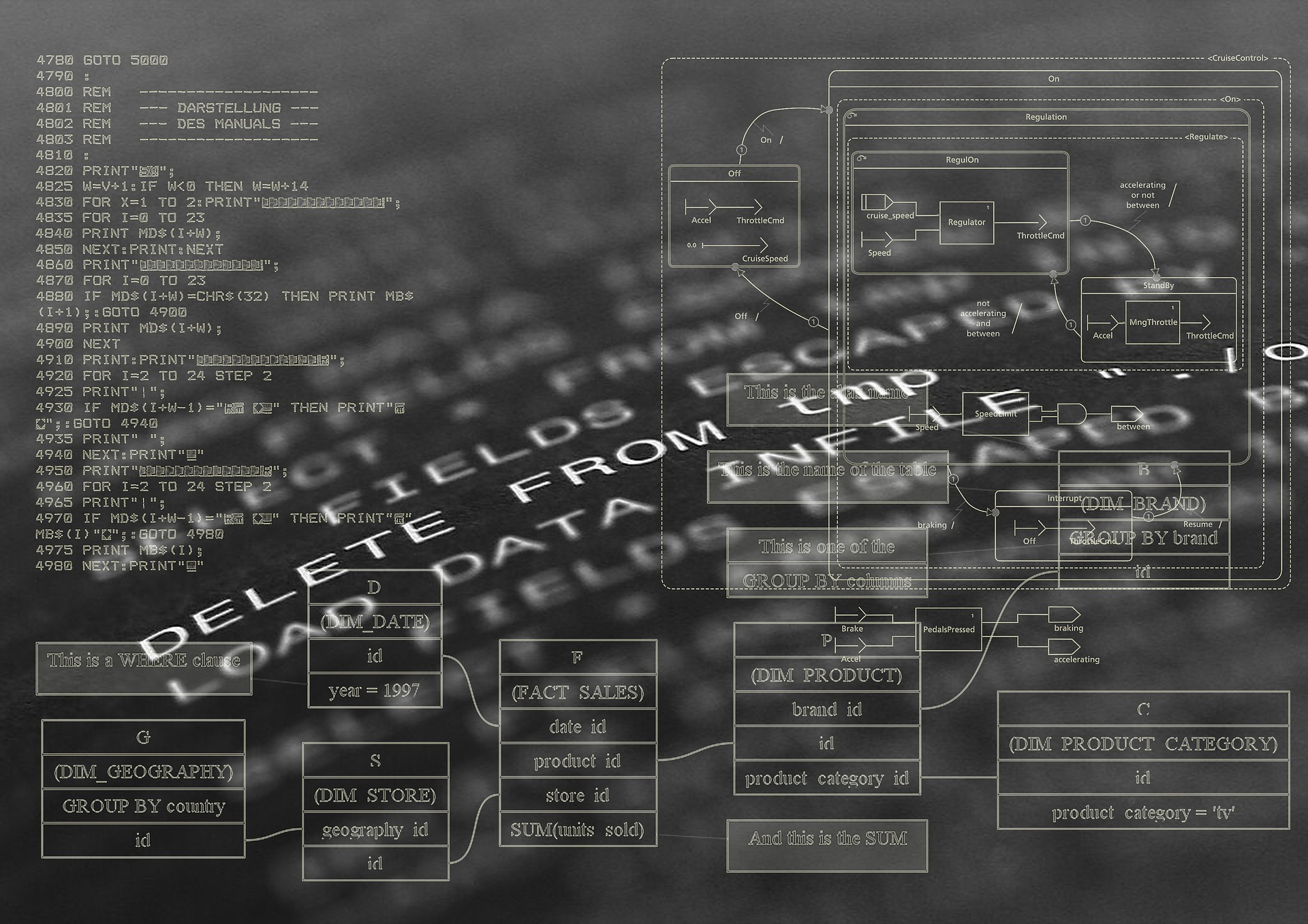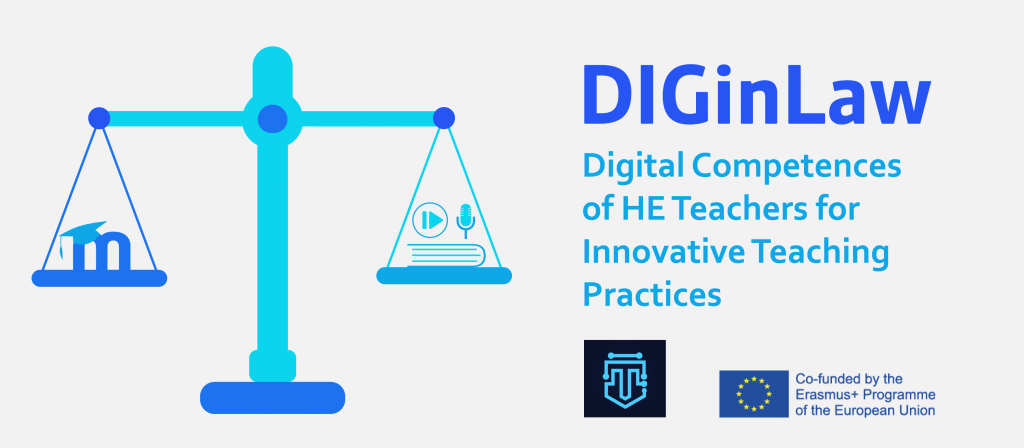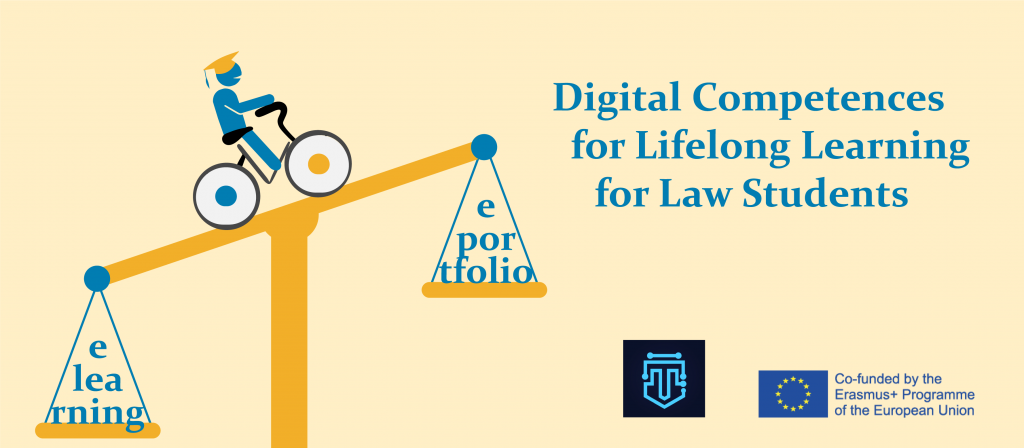Please read the attached brochure below, which provides detailed information on the content of MOOCs focused on the digitalization of law.
Below are also available links for accessing MOOCs focused on the digitalization of law and legal education.
FACULTY OF LAW OSIJEK
Mirela Župan, Martina Drventić
Cross-border Dispute Resolution in a Digital World

The COVID-19 crisis had only hastened the already existing need for modernisation of the cross-border dispute resolution in the surrounding characterised by the fast-growing advances in technology. Multiple paths of cross-border dispute resolution digitalization may be identified. Besides effects deriving of national adjudication authorities procedure digitalization (internal civil procedure), we witness development of instruments and practices to that effect exclusively for cross-border dispute resolution in international arena. Online dispute resolution (ODR) is accepted as in e-commerce, internet and consumer dispute resolution. Raise of Artificial Intelligence affects legal practices via available data bases and communication tools. Most prominent examples are with taking of evidence abroad and search for a foreign law. Already existing EU legislative tools provide for modern technologies in taking of evidence and service of documents. Legislative advocates for the broader judicial and administrative cooperation including the one conducted electronically. Well functioned administrative (Central Authority) and judicial cooperation (European Judicial Network, Hague International Judges Network)HIJN) rely on IT resources. HCCH is for a long time working on the development of electronical case management through the platforms iSupport and iChild. Still, those mechanism are only the matter of choice for the case handlers. In the end of 2020 the European Commission adopted a package of initiatives to modernise the EU justice systems, including the digitalisation of justice in the EU. It is question on time when the digital channel will become the default option in EU cross-border judicial cooperation. This entails the changes and adjustments in the national judicial and administrative systems. The evolved concept of justice that has been shaped in a digital world calls upon the advanced education of future lawyers.
Dunja Duić, Tunjica Petrašević
Data protection and cybersecurity in the EU

One of the main phenomena and challenges the EU is how to preserve security in cyberspace and how to protect personal data of its citizens. The aim of this course is to provide students with a general overview of EU law regarding data protection and EU cybersecurity police. Students will work on the case-law of the CJEU and the European Court of Human Rights relating to the data protection and explore internal and exteranal aspects of EU cybersecurity polices. Students will acquire knowledge on the legal protection of personal data they will be motived to conduct a research and present the results about the legal framework of the EU regarding data protection and cybersecurity in the EU.
Paula Poretti
Consumer Protection in a Digital Age

Students will obtain basic knowledge of the development and current reach of the legislative activity of the national and EU legislator in the field of consumer protection in the digital age. They will be given an opportunity to individually research the development of the concepts of enforcement of rights of consumers in the digital age, among other, through the future Digital Market Act (DMA), critically asses the understanding of the term consumer and explore consumer vulnerability as well as the effectiveness of the available methods of consumer dispute resolution.
Igor Vuletić
Artificial Intelligence and Criminal Justice

The use of artificial intelligence has reached the point where scientists are able to develop systems that are independent in their decision-making process while performing activities. Such achievements have already been accomplished in specific areas, such as the military industry, automotive industry, and in medicine. One of the questions which law has to answer is how to regulate the operation of AI in such a manner as to ensure legal certainty but in a way which will not hinder the development of modern technology and the progress of society. This course will discuss topics regarding criminal law and AI. For a clear and systematic view, this discussion is divided into the areas in which criminal law uses various forms of AI to assist in criminal prosecution (known as ‘areas of cooperation’) and areas where AI can appear as the ‘perpetrator’ of criminal offences (known as ‘areas of collision’). Students will be able to improve their knowledge and to critically approach envolvment of AI in criminal justice.
UNIVERSITY OF ABERDEEN
Katarina Trimmings
International Family Law in the Age of Modern Technologies

There are two separate dimensions to the utility of modern technologiesin the area of international family law. First, the employment of assisted reproduction technologies combined with the use of the Internet has led to the proliferation of modern family building methods such as international surrogacy arrangements, egg and sperm donation across international borders and cross-border embryo donation. Second, modern technologies have been utilised by the Hague Conference on Private International Law for the purpose of managing and monitoring the operation of several instruments in the sphere of private international law of family law. These include an electronic statistical database on international parental child abduction called ‘INCASTAT’, and an electronic case management and secure communication system for the cross-border recovery of maintenance obligations under the EU 2009 Maintenance Regulation and the 2007 Hague Conference Child Support Convention called ‘iSupport’, which uses the e-CODEX electronic communication technology. This course will explore both of these dimensions whilst engaging with the case-law of the European Court of Human Rights on cross-border surrogacy and providing a detailed overview of the relevant Hague Conference initiatives.
Rossana Ducato, Patricia Živković
Algorithmic discrimination: a blueprint for a legal analysis

Artificial intelligence (AI) is currently employed in many sectors of our society, from public transportation to domotics, from security to health, from legal research to translation tools. We often use AI tools in our daily life, without even being aware. However, algorithmic decision-making processes are far from being perfect and raise several concerns when they are likely to affect individuals or groups negatively. Civil society associations and scholars have demonstrated that algorithms can produce discriminatory results, as they can internalise the biases of their developers or the training dataset. This course aims to provide students with: (1) an overview of the current social and legal challenges created by algorithmic discrimination, and (2) a critical assessment and understanding of how EU law can respond to these new forms of AI-generated discrimination or differentiation in order to protect individuals and vulnerable categories.
Burcu Yüksel Ripley
Cryptocurrencies and Conflict of Laws

Cryptoassets can be broadly defined as cryptographically secured digital representations of value which can be transferred, stored or traded electronically via distributed ledger technology/DLT (or blockchain as a type of distributed ledger technology). Cryptocurrencies constitute a sub-category of cryptoassets, which are mainly used as a means of exchange but are not state backed, such as Bitcoin. Cryptocurrency systems underpinned by DLT involve cross-border elements and therefore give rise to conflict of laws questions. This course considers some of key issues that cryptocurrencies and their transfers give rise to in conflict of laws. The course modules address cryptocurrencies and cryptocurrency systems, characterisation of cryptocurrencies, party autonomy in determining the law applicable to cryptocurrency transfers in DLT-based systems and determining the law applicable to cryptocurrency transfers in the absence of choice.
UNIVERSITY OF MILAN
Ilaria Viarengo, Jacopo Re
Managing Economic Aspects of Cross-Border Families in the Digital Era

The digitalization of society and economy affects the management of the economic aspects of cross border families. For example, investments in bitcoin by a spouse during the marriage, acquisition of virtual currencies, property and management of an on-line bank account, deployment of personal wealth in tax heaven for fiscal purposes, succession in digital assets, and many other similar activities, as well as the European Commission agenda on the digitalisation of cross-border judicial procedures raise new qualification problems and the quest for new solutions. Against this background, the course aims, on the one hand, to provide students with a sound knowledge of the current legal framework (EU Regulations 650/2012, 2016/1103 and 2016/1104), and, on the other hand, to analyse and test the adequacy and effectiveness of the traditional solutions to the new challenges posed by the abovementioned situations. Students will strengthen their competences in the matter and will be able to develop their critical thinking through the solution of case studies and the active participation to work groups.
Francesca Villata, Lenka Valkova
Distributed Ledger Technologies and EU Private International Law

Distributed Ledger Technologies (DLTs) are database systems in which information is recorded and consensually shared and synchronized across the network of multiple nodes. In order for them to also be universally recognized as meeting the requirements of a ‘quality, reliable, sustainable and resilient infrastructure’ (SDG 9, target 1) they must be assisted by a system of rules that ensures predictability and access to justice (SDG 16, target 3: ‘… ensure equal access to justice for all’). Private International Law (in all its components, i.e., rules on jurisdiction, applicable law, and recognition and enforcement of foreign decisions) can provide such support. However, it needs to overcome some challenges, including the potential unsuitability of territorial connecting factors in this field and the potential impacts in the area of the enforcement of decisions. Looking through the practical applications of DLTs students will acquire the ability to grasp the functioning of PIL rules when applies in DLTs’ settings. Moreover, they will become capable of arguing, discussing and managing transactions developed throughout DLTs.
Alessandra Lang
Free Movement of Persons in a Digital World

Free movement of persons within the European Union can be shorthanded as mobility and might be seen as incompatible with the digital world. In reality, there are intriguing connections between the two that the course will investigate, after having provided a brief overview of the “classical” free movement of persons’ legal regime. On the one hand, free movement is related to status and status can be acquired without mobility and relying on digital means (for instance: cross-border smart work, marriage by proxy, acquisition of nationality). On the other hand, digitalization concerns the documents which the beneficiaries need in order to prove that they satisfy the conditions for mobility (for instance, but not only, the recent proposal for a digital green certificate). Students will acquire a general knowledge of the law and will become able to evaluate whether the law on free movement of persons is applicable even in non-mobile settings.
Chiara Ragni
Human Rights Challenges in the Digital Era

The objective of the course is to provide students with the learning tools and the analytical skills required for a critical understanding of the impact that digital technologies may have on human rights. Although on the one hand the contribution that technologies made to the advancement of human progress is out of the question, it is undeniable on other side the negative impact that they may have on autonomy, privacy, dignity and on the exercise of human rights in general, if applied without effective safeguards. The course aims first at the identification of the rights that may be more affected by an unregulated use of digital technologies, with a focus on the impact of internet and social media on children’s rights. Secondly, it will provide students with an overview of the relevant international rules that may apply, in the context under consideration, to grant legal protection against the negative effect and damages deriving from an uncontrolled exposure to harmful information, websites… Students will be able to strengthen their critical thinking skills through the active participation in case-studies, class discussion of assigned readings and work groups, that will be organized as an integral part of the course.
JOINT PhD COURSE (UNIABD, UNIMI & UNIOS)
Artificial Intelligence in Private International Law

MOOC deals with selected aspects of artifical inteligence in private international law. It comprises the following sections: 1) Introduction on AI and private international law; 2) AI in cross-border commercial proceedings; 3) AI in cross-border family law proceedings, in particular child abduction and procedural aspects and succession (including digital assets); and 4) Human rights and AI, in particular right to data protection and right to private life in rules and case law of European Court of Human Rights (ECtHR) and Court of Justice od the European Union (CJEU) case law.
UNIVERSITY COMPUTING CENTRE (SRCE)
Sandra Kučina Softić, Tea Čičko, Petra Gmajner, Tona Radobolja
Digital Competences of Higher Education Teachers for Innovative Teaching Practices

The aim of this course is to raise awareness on the importance of teachers digital competences continuous professional development that will enable them to properly implement digital technologies into teaching and learning, to use new teaching methods and to enable more innovative, interactive and motivated learning environment. In this course we will focus as well on development of e-courses in online learning environment using the e-learning platform moodle. This course consists of five modules: 1) What is continuous professional development and why it is important?; 2) Digital competencies and Frameworks for digital competencies of teachers; 3) How to develop an e-course using Moodle?; 4) Implementing learning outcomes in Moodle; and 5) Role of teacher in the technology-enhanced learning.
Sandra Kučina Softić, Tea Čičko, Petra Gmajner, Tona Radobolja
Digital Competences for Lifelong Learning for Law Students

The discussion about the future of work and skills is a hot topic in the current economic climate. With a trend towards remote work, rapid changes in technology, and the automation of repetitive jobs, students need to be skilled to be able to adapt, to be lifelong learners and to be able to fully participate in the society they live. Lifelong learning is about gaining and developing abilities, interests, knowledge and qualifications from school to retirement. From the moment students enter the workforce, they will constantly be learning to keep up to date with the latest technological developments. During their lifetime they will change more jobs and will work on the jobs that did not exist during their studying, This course will share some light on the need for digital competences for lifelong learning. This course consists of two modules: 1) Face-to-face or online learning – can education today be deprived from digital technologies?; and 2) E-portfolio – What’s in it for me?
